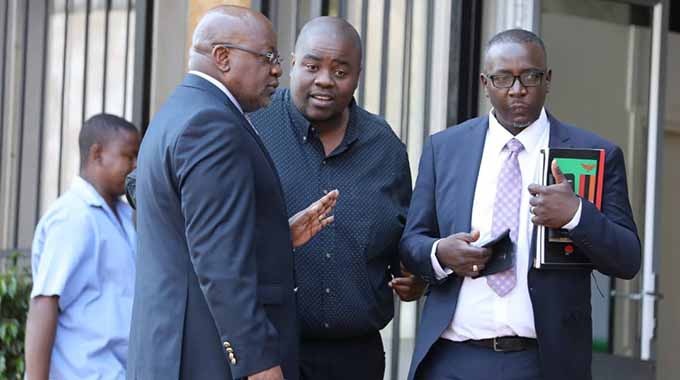
By Court Reporter The Supreme Court has ruled that Intratrek Zimbabwe (Pvt) Limited, which is owned by Wicknell Chivayo, is trying to avoid trial and has something to hide that could be unearthed if the trial was proceed.
Justice Chinembiri Bhunu’s judgment comes after High Court judge, Justice Tawanda Chitapi, absolved Intratrek of any wrongdoing or causing delays in the implementation of the project and declared the contract valid, extant and enforceable.
But the Supreme Court, allowing Zimbabwe Power Company (ZPC)’s appeal, said the two parties should have first argued the matter in court. Intratrek recently sued ZPC in the High Court when it applied for a declaration confirming that the contract for the Gwanda Solar Project was valid, coupled with an order for specific performance.
In default of that order, it wanted US$25 million in damages. The validity order was granted by the High Court.
Justice Chitapi had ordered that Intratrek must be paid when ZPC had said no work was done, but Justice Bhunu reversed this judgment. In his recent judgment, Justice Bhunu observed that Chivayo tricked the High Court because ZPC would have revealed all underhand dealings that have taken place from the time the contract was awarded.
ZPC is being represented by Advocate Tawanda Zhuwarara. “The respondent’s endeavor to avoid trial in the face of glaring material disputes of facts gives the unmistaken impression that it had something to hide that could be unearthed in the course of trial proceedings.
“Considering that the respondent was represented by a competent firm of legal practitioners, it is inconceivable and not in the least probable that it was ignorant of the proper procedure to adopt in the circumstances of this case,” ruled Justice Bhunu.
He further stated that the respondent deliberately chose the wrong procedure to shield itself from the glare of a full-fledged trial to wood wink the court a quo, and it succeeded.
- Chamisa under fire over US$120K donation
- Mavhunga puts DeMbare into Chibuku quarterfinals
- Pension funds bet on Cabora Bassa oilfields
- Councils defy govt fire tender directive
Keep Reading
“The respondent took a dive into the dark and deliberately threw all caution sounded by precedent to the wind. This, therefore, is a proper case where the court a quo should have expressed its displeasure by dismissing the application with costs,” he said.
The Supreme Court ruled that a full hearing was required in the civil lawsuit between Intratrek Zimbabwe and ZPC, before the High Court three years ago, the Supreme Court has ruled in an appeal judgment is in the process of being overtaken by events.
ZPC and Intratrek had signed $172 million agreement for the construction of the Gwanda solar project as part of Government efforts to address crippling power shortages. ZPC claimed the contract failed to meet conditions within the agreed period of 24 months.
However, Intratrek filed a lawsuit disputing the claims and making a counter claim that ZPC, as contractor, had frustrated implementation of the project, hence breached the contract.











